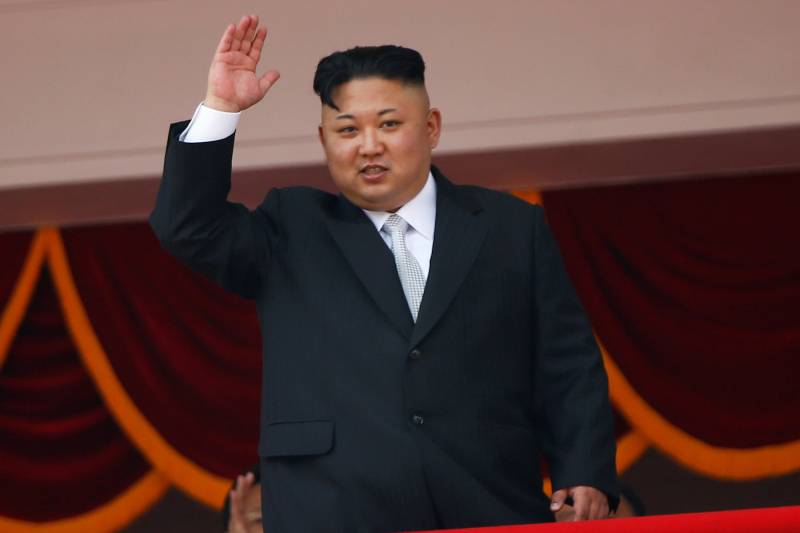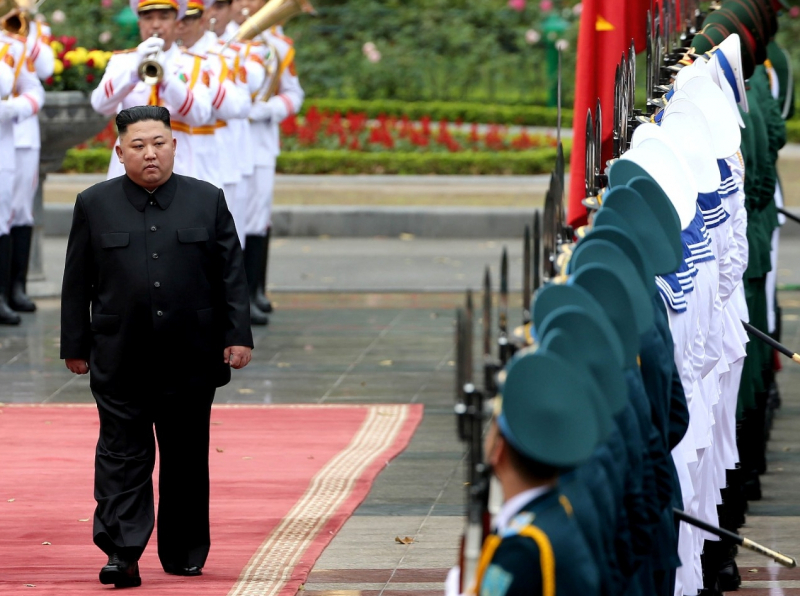Kim Jong-un is a four-star general
Hopes in South Korea that the third son of North Korean leader Kim Jong Il may prove to be more economically minded than his father, have been shattered by the unexpected news that the third son had been appointed a general. The first time Kim Jong Un's name was formally used in official state communications was when North Korean state media announced his promotion to four-star general ahead of the Korean Workers Party Conference, the country's largest governing party gathering in thirty years. In 1994, with the passing of his father and "eternal president," Kim Il Sung, Kim Jong Il assumed control in what was at the time the first dynastic transfer of authority in a communist state.
Because Kim Jong Il looked to be in poor health following a suspected stroke in the summer of 2008, there was intense speculation in South Korea and worldwide about when he would pick his successor and who it would be. Numerous indicators have pointed to Kim Jong Un as such a person since the beginning of 2009. Experts anticipate that the young Kim, who is probably 27 or 28, would need a mentor to help him on the road to power in a culture where age is highly prized. Jang Song-thaek, the brother-in-law of Kim Jong Il and largely regarded as his right-hand man since 2009 is anticipated to serve as the young Kim's regent as he assumes more responsibility.
The 1.2 million-strong military of North Korea is equipped with nuclear weapons and long-range missiles. It's not only the unpredictable nature of the administration or its history of aggressiveness that is seen to be particularly alarming. In the decades afterward, it has unleashed a variety of military and terrorist provocations, including the deadly Korean War that started in 1950. The world's financial markets would be severely impacted by any large armed conflict involving the powerful economies of China, Japan, and South Korea.











